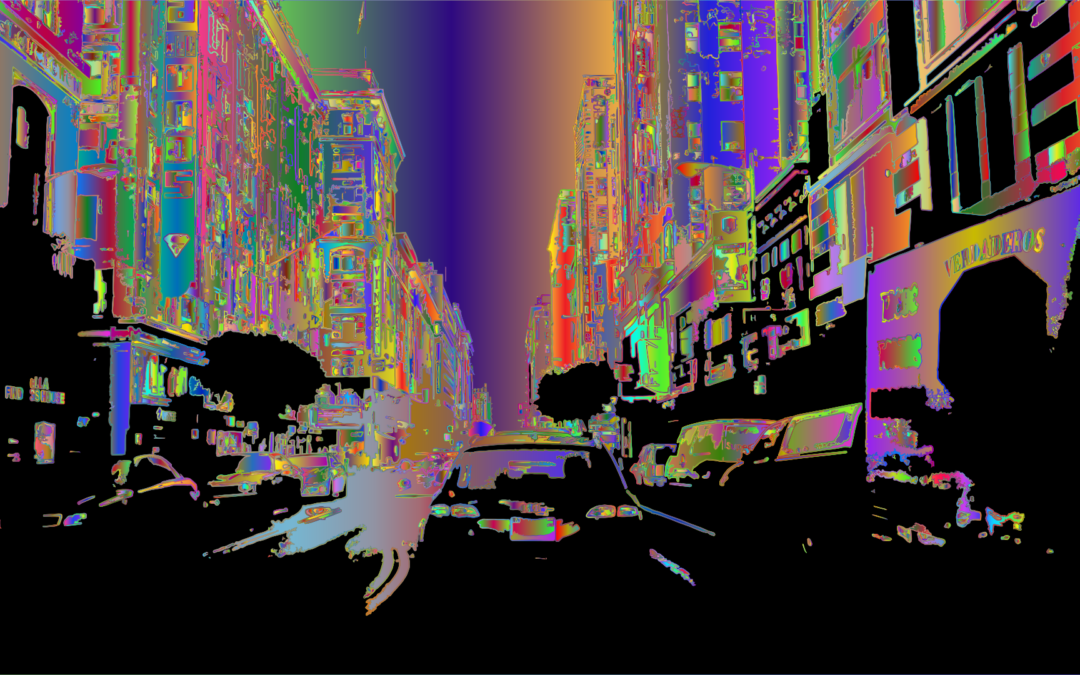As the Covid-19 pandemic lumbers on, an epidemic of mental health disorders is growing in its wake.
As the Covid-19 pandemic lumbers on, an epidemic of mental health disorders is growing in its wake. As noted by the WHO, it’s not just fear of contracting the virus that is driving a spike in anxiety, but the myriad of changes we are facing in our daily lives, as well. Across the world, more and more people are facing unemployment, home-schooling their children, lacking social contact, and contending with a bleak, uncertain future. Second only to the need to develop a vaccine for the virus itself is the need to develop treatment strategies for the wave of mental health disorders that is cresting.
Luckily, critical research into the subject already has momentum. In 2019 the US Food and Drug Administration (FDA) approved esketamine to treat depression. Administered as a nasal-spray, the drug is chemically similar to ketamine, itself a proven treatment option for severe depression.
Ketamine was first developed in the 1970s for use as a surgical anesthetic. Shortly thereafter, it gained popularity as a recreational drug on the West Coast of the U.S. The consequent controls placed on its manufacture and distribution stunted research, and it was not until small studies emerged in the early 2000s that ketamine’s astonishing potential to relieve treatment-resistant strains of depression came to light.
Ketamine is not the only drug to be overlooked due to controls designed to limit recreational abuse. MDMA, or ecstasy, is another substance better known as a party drug than a life-saving treatment for Post-Traumatic Stress Disorder (PTSD). It was only in 2017 that the FDA granted MDMA Breakthrough Therapy Designation, allowing researchers to proceed with clinical trials aimed at making MDMA-assisted psychotherapy for the treatment of PTSD safely available to the public.
Another such case involves psilocybin, which arrives as the active ingredient in “magic mushrooms.” Likewise, associated with counterculture movements and recreational use, early studies show that limited doses may also be effective at treating addiction, depression, anxiety and related mental health conditions.
Naturally, such breakthroughs come as rays of light to those who suffer with treatment-resistant conditions. The enormous growth of clinics offering ketamine infusion therapy is testament to this fact. Should you or a loved one suffer from mental health struggles than do not respond to standard treatment protocols, contact us to determine whether this innovative treatment might be right for you.
Contact Vitalitas Denver


